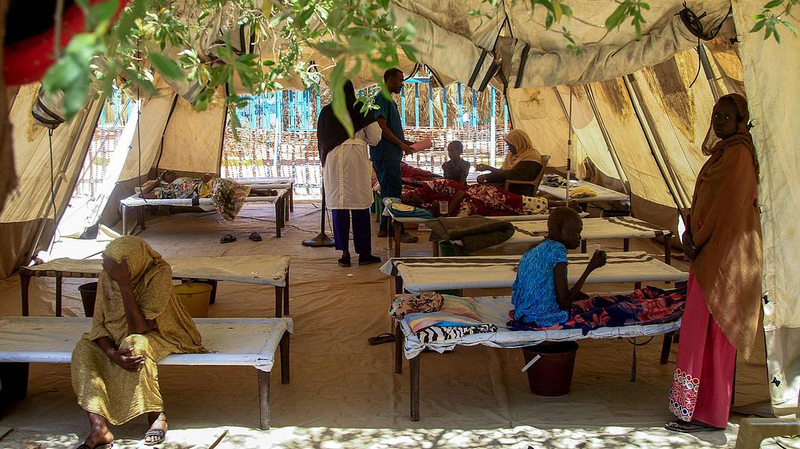Picture a frontline health worker in Khartoum, trekking through flooded streets to deliver clean water across a city under siege. This is the reality in Sudan, where a cholera epidemic has swept across communities since last July.
The Ministry of Health reports 91,034 cases and 2,302 deaths across 116 localities in 17 states. Between July 12 and 18, officials logged 1,307 new cases and 18 fatalities across 35 areas. North Darfur's Tawila locality saw the highest weekly infections at 519 cases, while South Darfur's Bileil recorded the most deaths.
Floods, mass returns to underserved regions and seasonal diseases like malaria and dengue fever are amplifying the humanitarian crisis, warns the United Nations Office for the Coordination of Humanitarian Affairs.
Layered atop a conflict that erupted in April 2023 between the Sudanese Armed Forces and the Rapid Support Forces, the outbreak compounds a dire health landscape. Tens of thousands of lives have been lost, millions displaced, and over 250 hospitals forced to close, leaving 70 to 80 percent of medical facilities in conflict zones nonfunctional.
For young global citizens and changemakers, Sudan’s unfolding crisis highlights the urgent need for data-driven solutions: from crowdsourced water-quality mapping to mobile health alerts and cross-border partnerships. The challenge now is to translate digital innovation into safe water, restored health services and sustainable support for vulnerable communities.
Reference(s):
cgtn.com



